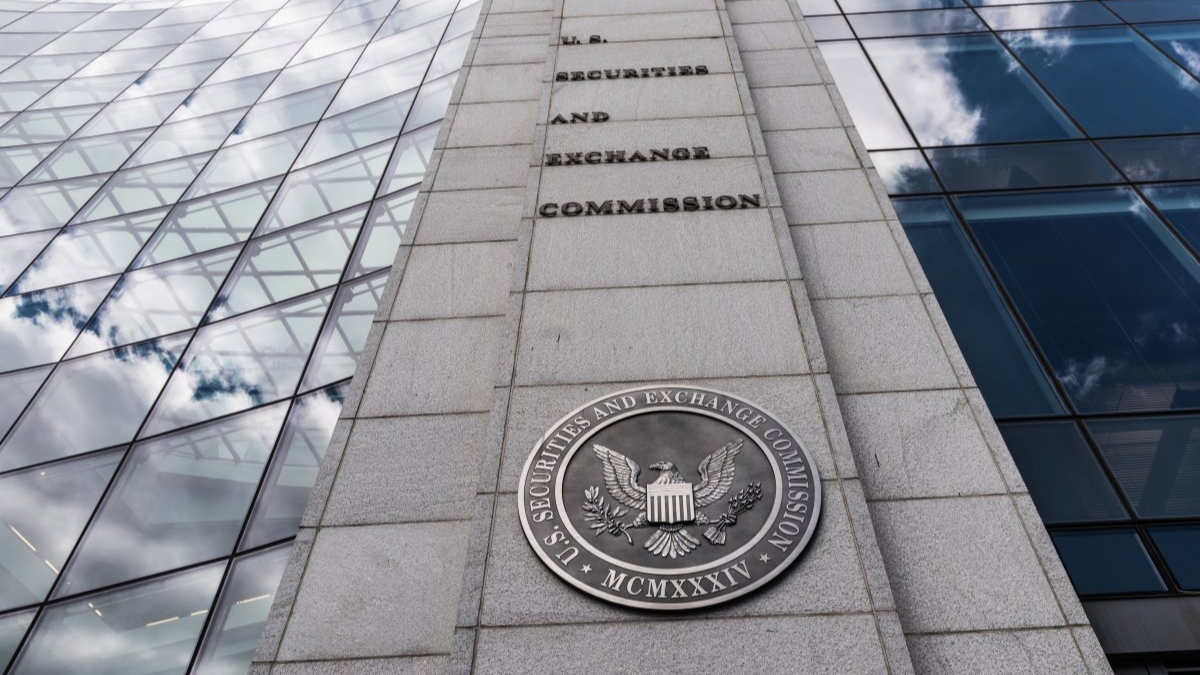The US SEC has expressed discomfort with FTX’s strategy of paying creditors via fiat currencies such as Bitcoin and Ether.
The SEC is especially concerned that such assets might fall under the definition of ‘security’ according to federal law. It anticipates that in such a case, FTX would have to meet rather rigorous legal standards in the distribution of assets.
The commission took its time to remark on how the assets were distributed because passing out these things reserved for classification was likely to breach specific regulations.
Lack of Distribution Agent Causes SEC Concern
Such concerns include a need for distribution agents and inadequate legal safeguards for security, mainly where such kinds of security may be characterized particularly by assets.
A distribution agent ensures that all payments are made strictly in compliance with federal securities laws and that passing such assets to creditors is well coordinated.
Where this is not the case, as the SEC would view it, repayment might be unlawful and cause excessive disruption of operations and possibly delay creditors’ payments.
The lack of a definite distribution agency leads to the risks that are entering into the play, such as the requirement for legal assistance, which may further complicate the bankruptcy procedure.
They can also lead to some inefficiencies in the payment system whereby it attracts risk from the securities regulations or even the legal requirements; furthermore, it may lead to other legal consequences and penalties.
The success of FTX’s distribution was contingent on a favorable legal environment in highly-developed legal systems to regulate the distribution of digital assets, especially in situations that involve complex legal bankruptcy, such as the case of FTX.
Industry Response and Broader Liberalization
Some have hailed it as a positive development, while others have considered it the SEC’s attempt to challenge FTX’s crypto repayment plans.
After the decision made by the SEC, some of the market members thought that, at this moment, the commission was going too far and complicating the understanding of processes, which are already intricate in the sphere of bankruptcy. They said that the agency’s involvement would slow creditor repayments and obstruct the reorganization of FTX.
However, others within the industry agree that there is a need to follow the supply of securities laws.
They know that if regulation still needs to be implemented, repaying the loans might entail some legal issues; hence, it might be lengthy and come with other complications.
It addresses the potential legal boundaries of digital assets and indicates the potential for future accommodation to manage these assets during bankruptcy.
If taken by the SEC, it will inevitably make a significant legal precedent, especially concerning digital assets in bankruptcy litigation. This would have negative repercussions on the potential of FTX and other analogous cases revolving around digital assets.
Their classification and distribution according to the provisions of the U. S securities law could alter how the creditors, investors, as well as other stakeholders who are in search of such similar assets will be handling them in the future – this is in cases where one is likely to witness increased legislation of cryptocurrencies.
It can be very significant not only for the creditors of FTX but also for the crypto space as a whole because its resolution may set how digital assets are to be treated under the U. S. securities law during bankruptcy proceedings.











